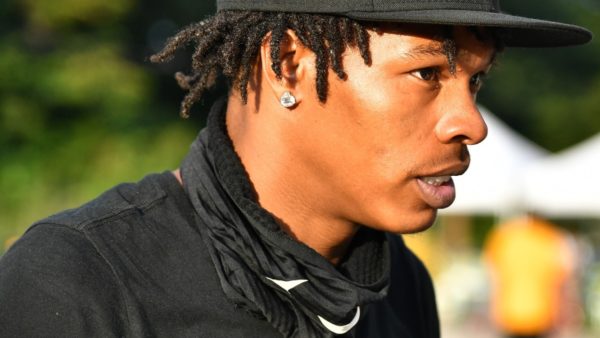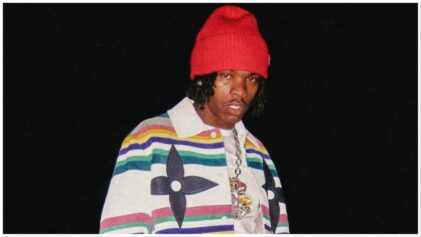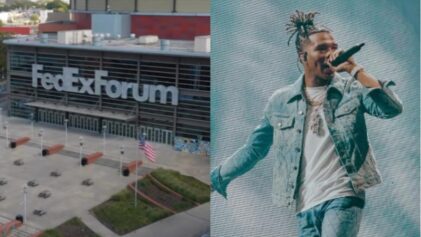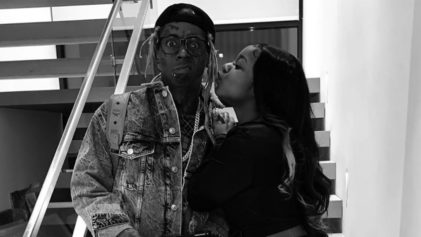Lil Baby has an up-close, personal view of how racism affects the U.S. legal system and law enforcement after seeing it firsthand. He also said that racist treatment has been so prevalent throughout his life that he’s grown accustomed to it. The Atlanta rapper spoke to Rolling Stone in an interview that was published on Monday, July 20, when the 25-year-old described some of his violent experiences with police.

“I’ve been a victim of police brutality,” said Lil Baby, a former weed dealer who did two years in prison on drugs and weapons charges. “I’ve been in prison where white officers control you. I’ve been in a court system where white judges give you a different time than they would give someone white. There have been times I had a physical altercation with an officer, and he then grabbed me and took me to a room where there’s no camera.”
“We have a physical altercation and left me in a room for about an hour,” he added. “I’m in there yelling and screaming. I’m so accustomed to it, we don’t even make it no big deal.”
Lil Baby released his sophomore album “My Turn” in February, some three months before George Floyd died at the hands of a Minneapolis police officer. After Floyd’s caught-on-video slaying on Memorial Day sparked demonstrations calling for an end to police brutality and systemic racism across the nation and around the globe, the rapper joined a June protest in Atlanta.
“That type of s–t I would want to do if I wasn’t a rapper,” said Lil Baby about joining protests. “It’s like something that’s going on in history and time.”
But, of course, Lil Baby is a rapper and a darn good one, if you ask the many fans and critics who’ve praised his music. The acclaim also came with plenty of commercial success, seeing that “My Turn” spent several weeks at No. 1 on the Billboard 200.
In addition, Lil Baby had major chart success with “The Bigger Picture,” a timely released protest song about police brutality and systemic racism.
The single peaked at No. 3 on the Billboard Hot 100 chart, and Lil Baby said that he’d give the proceeds to various organizations in support of the Black Lives Matter movement.
Since rappers are often placed in categories in hip-hop, like “trap rapper,” “socially conscious rapper,” or “party rapper,” some may have been surprised that Lil Baby released a protest song during the uprising.
Possibly, people expected artists like Kendrick Lamar and J. Cole to release such songs during protests, considering they were given the “socially conscious” tag long ago.
But “The Bigger Picture,” Lil Baby told Rolling Stone, isn’t a protest song, nor it is a deviation from his usual writing process.
“I just rap about my life. All my songs are basically about me,” he explained. “It was at a point where I felt I needed to say something. Now, this s–t counts. You’re going to hear me.”
The Atlanta-raised wordsmith also spoke about systemic racism in his interview, and how he believes the odds are stacked against Black people in a variety of ways.
“Damn near every system that got a job is a racist system. You know what I mean?” he said. “CEOs be like old white people. You never know, they got to be some kind of racist ’cause at some certain age, your parent, that was the way of life almost. So I almost feel like all these corporations or whatnot may be racist.”


